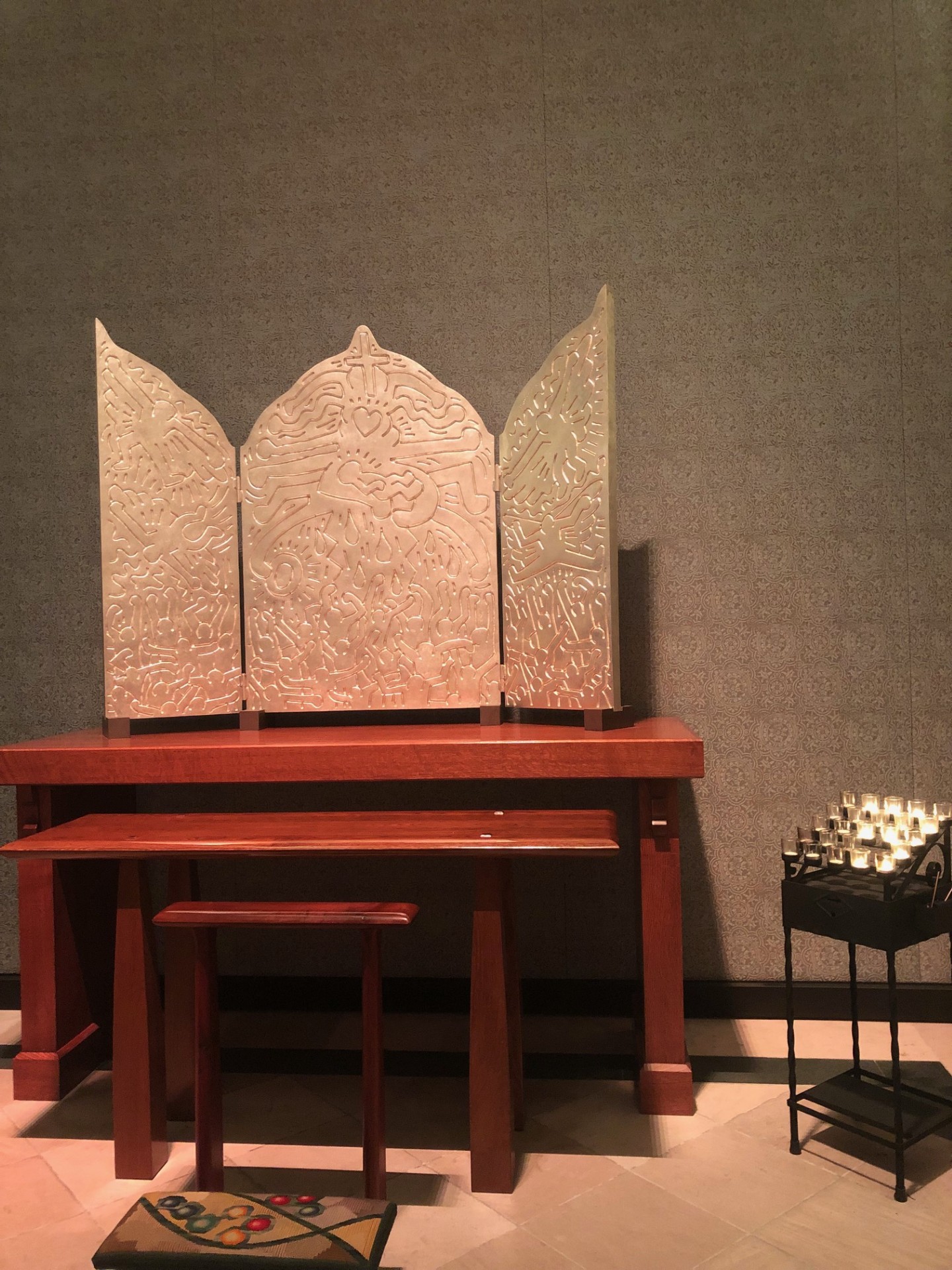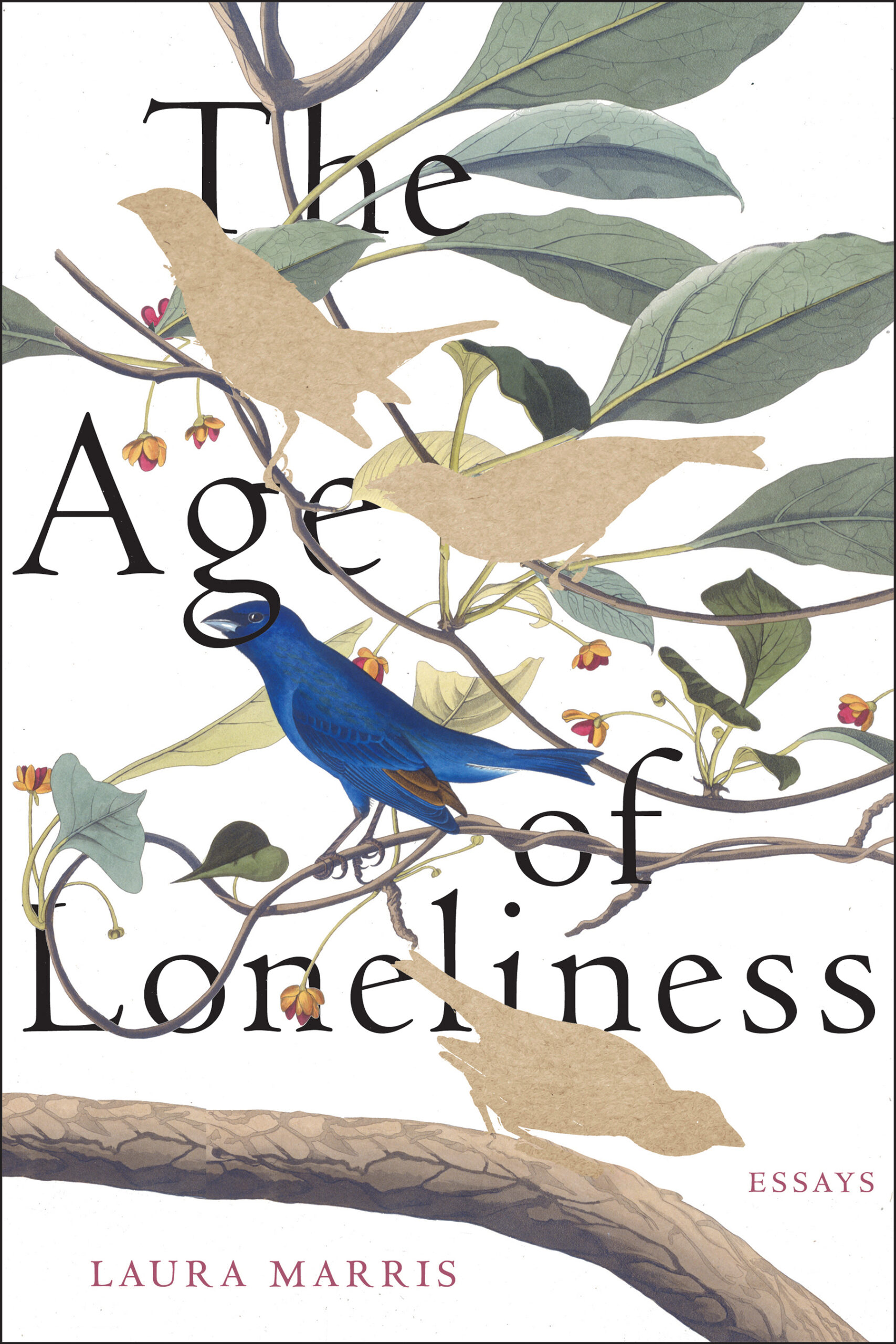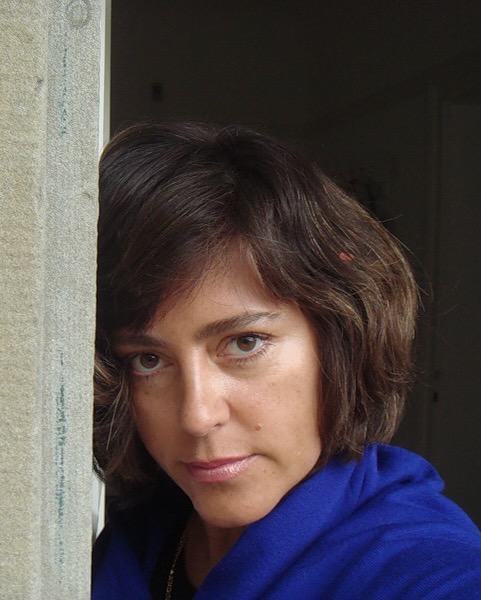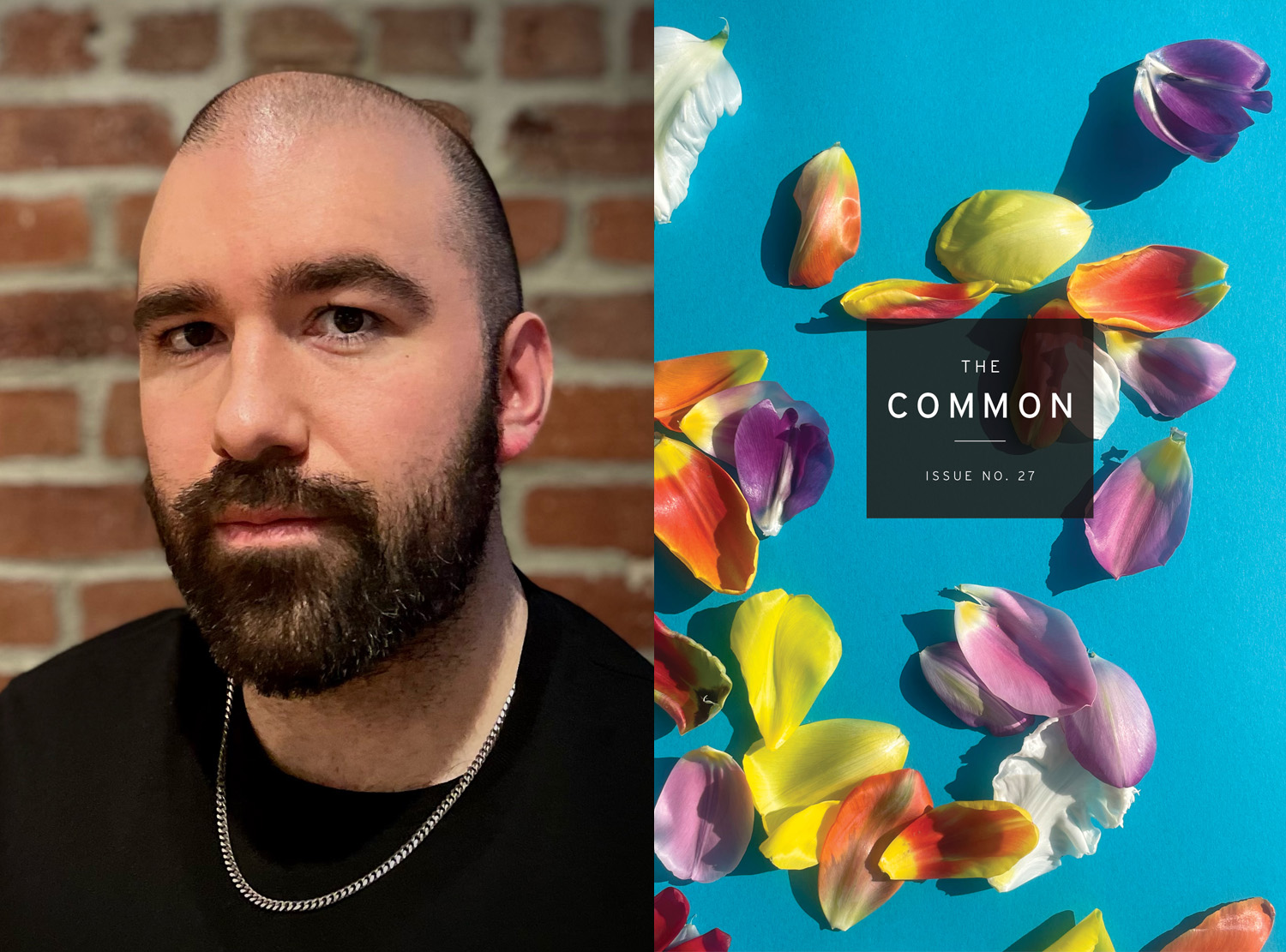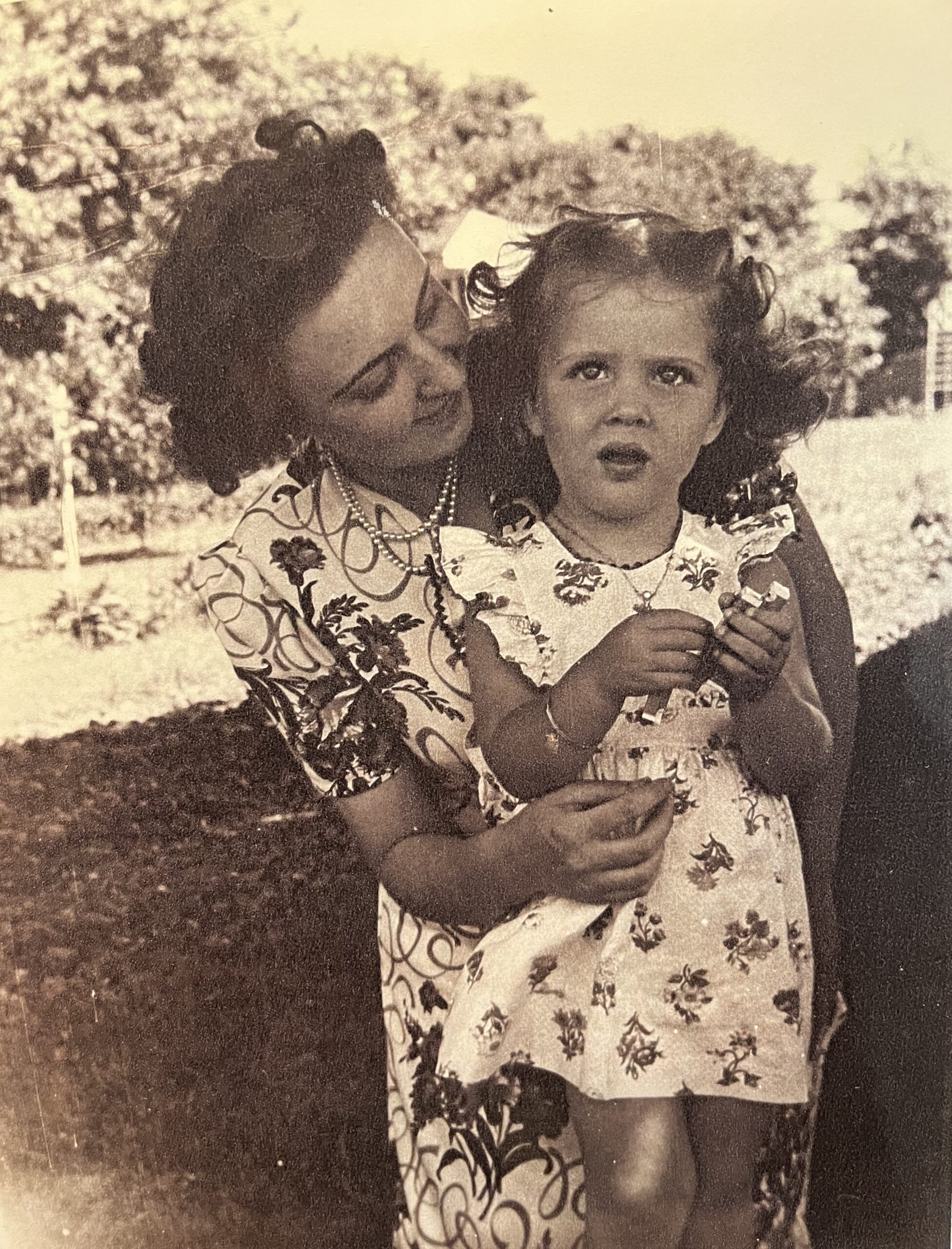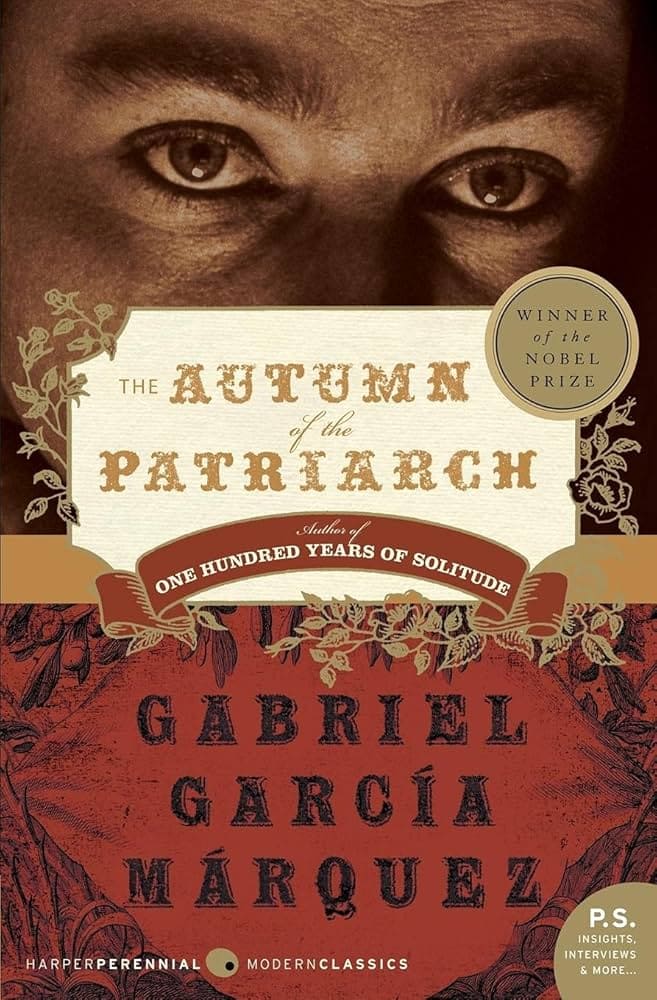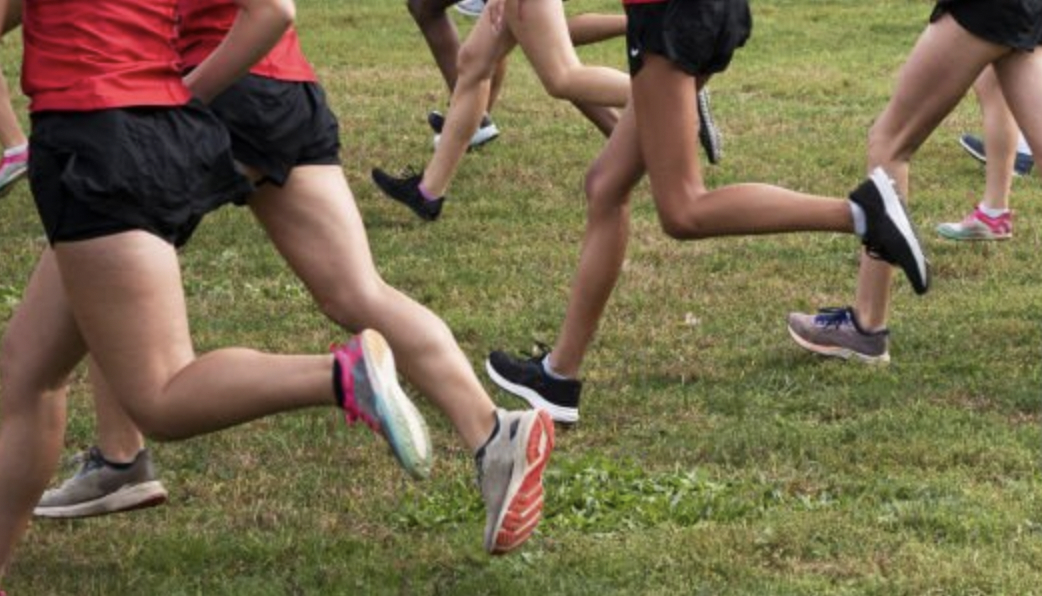I.
In my dreams, I see our house,
Strong and proud like a monolith,
A monument to your mythology
Marked by the lighter squares of paint
Behind missing picture frames
And slowly rotting walls.
A hole in the drywall,
The ceiling falling through.
Genealogies
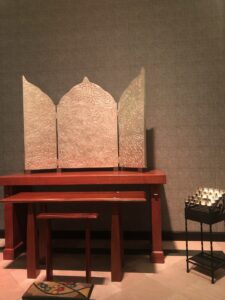
Photo courtesy of author.
San Francisco, CA
Gold is all you notice at first. A triptych dressed in shiny monochrome. The center of it is just above eyesight, so you’re left looking up at of Keith Haring’s altar, Life of Christ, an imposing piece, big enough to hold most of your gaze and envelop your mind. Haring made the original cast in 1990 and it’s considered his final work. Grace Cathedral in San Francisco acquired this edition in 1995 for its Interfaith AIDS Memorial Chapel.
Shadow Count
By LAURA MARRIS

Somewhere in those years of 6 a.m. flights, I developed a recurring dream of a place I knew in the northwesternmost corner of Connecticut, where stone walls snaked among the trees of a forest that had once been farmland. The kind of town where the post office is also home to two chipmunks, one messy and one clean. A place full of wild birds, the flocks of my earliest childhood, vortexes of robins where rural woods broke open into fields. Where I had dug in the streambed and drunk the shimmer of mica with the silt. Where old traces of human mining and clear-cutting had been softened by an enveloping abundance. I felt myself wanting to check on it, wondering how it was doing.
The Visual Poetry of Anzhelina Polonskaya
By ANZHELINA POLONSKAYA
Translated from the Russian by ANDREW WACHTEL
Poems appear below in English and the original Russian.
Translator’s note
Anzhelina Polonskaya frequently writes poems inspired by visual artists. These are not, however, ekphrastic renderings of an image in words, but rather a snapshot of the emotions that a given painter’s work evokes. In the poem “After Breughel,” published here, we need to ask, what precisely makes the text Breughelesque? To me, it is the anthropomorphized image of snow, with its dead white eyes in the first stanza, contrasted with the scarlet color (of blood, hell, the burning bush). This unsettling juxtaposition creates the Breughelesque landscape which has destroyed the artist, as in the painting Dulle Griet from 1563. But Polonskaya provides her picture without the scaffolding of a narrative, and, as far as the translator’s job goes, I needed to avoid explaining the poem, rather allowing the translation to be as allusive and mysterious as the original.
—Andrew Wachtel
After Breughel
Snow, listen up. Your eyes are dead.
We know full well we’re being led
like hostages of universal blindness.
Who are we, then? Unknown and homeless.
Podcast: A.J. Rodriguez on “Papel Picado”
A.J. Rodriguez speaks to managing editor Emily Everett about his story “Papel Picado,” which appears in The Common’s most recent issue. A.J. talks about the process of writing and revising this story, which explores a fraught moment in the life of a Latino high schooler struggling under the pressures of family, friendship, and expectation in Albuquerque, New Mexico. A.J. also discusses how his writing has changed over time, and why he’s always writing toward not just a specific character’s experience but also the complex community of a place.
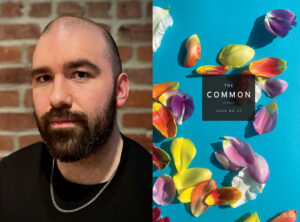
July 2024 Poetry Feature: Megan Pinto
By MEGAN PINTO
Excerpted from “even in silence”
My father is perseverating, moving around the edges of rooms. On repeat, he asks, but how will
we pay for it? How will we pay for it?
He follows me, my mother, then me, then my mother. Inside my childhood home, there are only
so many rooms.
On Christmas Day, I bake a loaf of frozen bread. I feed slices to my father with my hands, then
catch each chewed up bit he pushes back out with his tongue.
He is speaking.
I am numb.
In Diamondville: Five Poems
By LAKE ANGELA
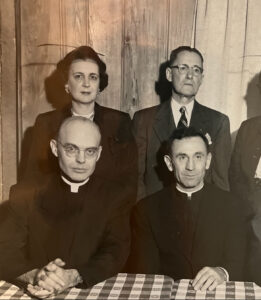
Courtesy of Marilyn Kreger
Diamondville, Pennsylvania
Meryl: In Diamondville II
Quiet Uncle Peck was just five when the older kids
set him on fire. This was one hundred years ago,
and Grandpa told me the story. The closest hospital
to Diamondville sent him home, saying there was
nothing more they could do. Grandmother Verna took care
of him, anointing his wounds with devotion, rotating
his torso and arms, helping him walk again.
What We’re Reading: July 2024
Curated by SAM SPRATFORD
July in Western Massachusetts is a month of heightened sensation. Perceptions are focused by the burning and buzzing heat, until it bursts in its own excess, dripping or pouring from the sky. It is an excess that ferments rather than rots, and it is what makes July so intoxicating. The onset of climate change, bringing merciless humidity and monsoon weather patterns, has deepened and darkened this character. Amid this, our Editorial Assistants AIDAN COOPER, CIGAN VALENTINE, and SIANI AMMONS have been reading books that match the month’s potency: storytelling that dazzles, prose that floods and sweeps away the sane, and historical truths delivered in lightning-bolt cracks.
Muscle and Rubber and Cotton and Bone
There is no such thing as silence in the South. There is always the percussive hum of insects, winged bodies waiting in the weeds for dusk. This sound fills the fissure before Coach Meeks fires the gun, while Joanna leans over the spray-painted line in the crabgrass field. She is sixteen but still as stick-legged and bird-chested as she was at twelve, brushing daily knots from her homeschool-length hair because her mother gave up trying to teach her how to make a braid. The billow of smoke erupts from the pistol’s nose before the crack of the blank reaches her ears. Her hair streams behind her, loose and wild, as she pushes off the line. She believes that it makes her faster.
Ho’omana’o
By EDWARD LEES

Photos by author.
Lahaina, Maui
When I was young, my parents
took me to Pompeii.
I remember the grouped bodies in the museum
of people who had tried to shelter.

